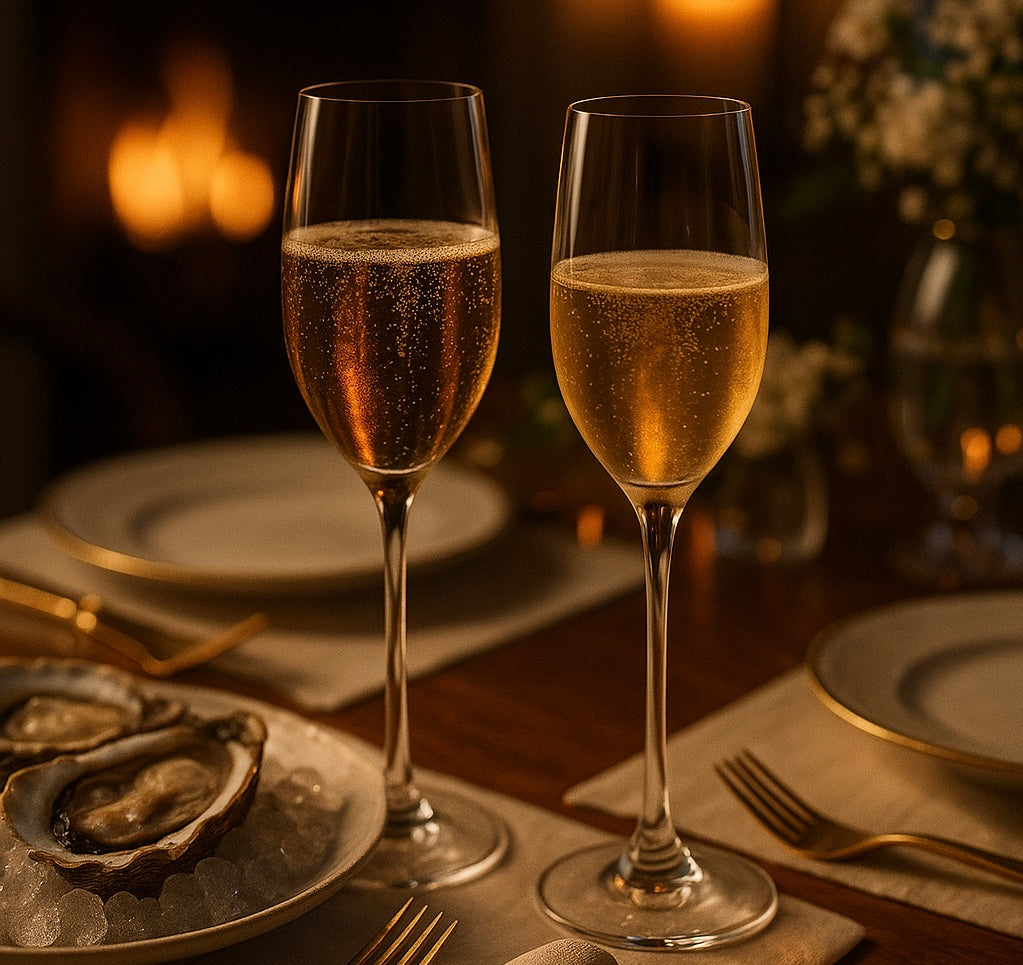Between myth and misunderstanding
Few beverages embody luxury more than champagne. It symbolizes prestige, elegance, and celebration. But while champagne maintains its status as the "king of sparkling wines," premium sparkling wine is gaining increasing importance. The difference? It's not just in the glass, but also in the perception.
Champagne: Origin obliges
Champagne can only come from the French Champagne region. Strict rules, long bottle aging, and traditional production methods make it synonymous with exclusivity. Champagne is not just a drink; it's a ritual. Even the sound of the cork popping signals that something special is happening here.
Premium sparkling wine: underrated elegance
Germany is considered the world's largest sparkling wine market – and German premium sparkling wines in particular have gained international acclaim in recent years. Produced using the same methods as champagne (bottle fermentation), they can compete in terms of taste – often at a fraction of the price. Nevertheless, sparkling wine still struggles with its image as an "everyday drink."
Differences in detail
-
Perlage : Champagne usually has finer, more persistent bubbles.
-
Aromas : Champagne is often more complex, with notes of brioche, nuts, and minerality. Premium sparkling wines surprise with freshness, fruit, and clarity.
-
Maturation : Champagne must mature for at least 15 months, often significantly longer. Premium sparkling wines vary more, with some producers offering comparable qualities.
Context is everything
Those who choose champagne choose history and symbolism. Those who choose premium sparkling wine often choose a secret yet to be discovered. The logical choice? It depends on the occasion. But both have one thing in common: They transform a moment into an experience—and that is precisely what luxury is.
